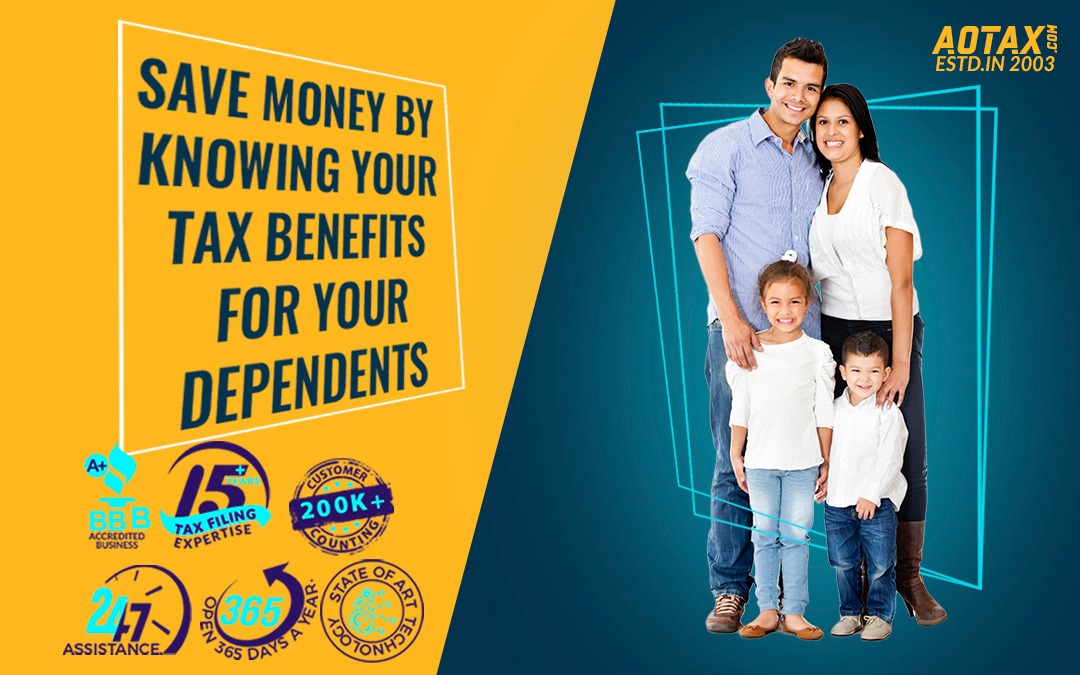All about the New Coronavirus relief package and a second stimulus check for the NRIs in the US

All about the New Coronavirus relief package and a second stimulus check for the NRIs in the US
On 27th December 2020, the US Government had signed the Coronavirus Response and Relief Supplemental Appropriations Act of 2021 into law. According to this law, a relief package of $900 billion would be delivered to the Americans as a second round of economic stimulus due to the pandemic COVID-19. This bill would help in providing relief to the Americans through the various provisions which have already been put in place by the CARES Act.
Let us have a look at what this new Coronavirus relief package would include.
Stimulus Payments
Another wave of Stimulus payments for the Americans has begun. This Stimulus payment would be up to $600 for the eligible taxpayers, $1200 for those taxpayers who are filing their tax returns jointly, and also an additional amount of $600 for a dependent child who is below the age of 17 years. So, if there is a family with two children then they would receive a Stimulus payment of approximately $2400.
The NRIs in the US do not have to do anything special for being eligible to receive the Stimulus payment. The Stimulus payment would be done by the IRS by using the latest information which is present on the tax returns of the year 2019.
Who would be eligible to receive the Second Stimulus payment?
- If you are filing your tax returns as a Single and having an AGI (Adjusted Gross Income) of up to $75,000 or if you are married and are filing your tax returns jointly with an AGI of up to $150,000 then you would be eligible for receiving the Stimulus Check.
- For those NRIs who are filing their tax returns as single and have no qualifying dependents, the Stimulus Check payment would phase out at $87,000 and for married couples filing their tax returns jointly without any dependents the payment would phase out at $174,000.
- There are possibilities of more households being eligible for obtaining the Second Stimulus payment as this bill would expand stimulus payment for those households which have a mixed-status i.e. different categories of immigration and citizenship statuses as well.
- Also, those NRIs who were receiving Railroad Retirement, Social Security Retirement, or SSI income would receive the Stimulus payment without filing a tax return.
By when would you receive your Second Stimulus payment?
If you have not received your Second Stimulus payment yet, then you would be receiving it very soon. There have been some errors by the IRS due to which lots of Stimulus payments have been done to wrong accounts. However, according to the IRS updates the payment for those affected by this error has been done by 8th January and many Americans must have received them too by now.
Extended Unemployment
There has been an increase in the unemployment payments and this would be $300 each week now. These benefits would be extended until 14th March 2021 now. According to this new bill, there has also been an extension to the Pandemic Unemployment Assistance (PUA). This implies that the freelancers and self-employed NRIs in the US can continue to obtain Unemployment benefits.
Moreover, some NRI workers earn a minimum amount of $5,000 in a year but are not able to avail the benefits of the Pandemic Unemployment Assistance as they have an employer. But, now with this New Coronavirus relief package, these workers can even avail the benefit of receiving $100 extra in a week as Unemployment benefits.
The EITC and CTC
The New Coronavirus relief package would help the Americans having low income in using their income from the year 2019 for determination of their EITC (Earned Income Tax Credit) and even that part of the Child Tax Credit (CTC) which is refundable.
Expansion of the PPP
Under the New Coronavirus relief package, the NRIs can also receive a second round of payments under the PPP (Paycheck Protection Program). Due to the expansion in the Paycheck Protection Program; there has been an expansion in the category of business expenses which can be forgiven under those loans that have been taken for meeting the supplier costs.
Contractor Paid Leave
Those contractors who have not been able to work for a temporary period due to the restrictions like the closure of facilities would receive reimbursement for their paid leaves taken.
Eviction Moratorium and Rent Assistance
Furthermore, the New Coronavirus relief package provides an extension for the moratorium on evictions until 31st January 2021. Those families which are not able to pay their past rent or have problems related to future rent payments would be receiving financial assistance.
Extenders related to tax
Tax extenders would be providing tax relief to individuals as well as NRI families with the help of mortgage relief, relief on medical and education expenses as well.
Conclusion
So, the New Coronavirus relief package and the second stimulus payment would help in providing some amount of financial assistance to the Americans during these difficult times thus, reducing the financial stress.



Recent Comments